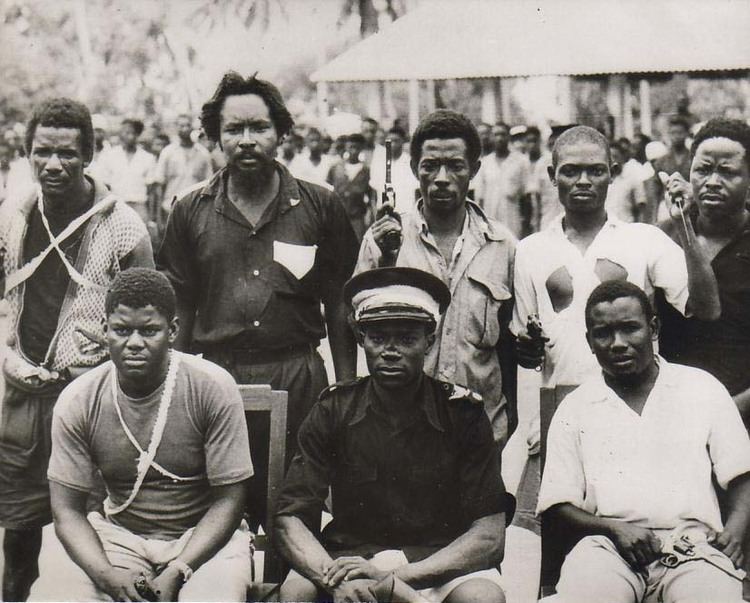The Zanzibar Revolution, which occurred on January 12, 1964, was a significant event in the history of Zanzibar and East Africa. The revolution saw the overthrow of the Sultan of Zanzibar and the establishment of a socialist government. The revolution was led by the Afro-Shirazi Party (ASP), a political party that had been formed by the merger of two smaller parties in the early 1960s.
- The end of colonial rule: The revolution marked the end of British colonial rule in Zanzibar and established self-governance for the island’s people. This was a significant moment in the country’s history as it marked the end of a long period of oppression and the beginning of a new era of independence.
- The establishment of a socialist government: The new government established after the revolution was socialist in nature. It aimed to improve the lives of the people of Zanzibar through policies such as land reform, education and nationalization of businesses. The establishment of a socialist government improved the standard of living of the people of Zanzibar.
- Unity and empowerment: The revolution was a critical moment for the people of Zanzibar, whom colonial powers had long oppressed. The revolution led to the establishment of a government that was truly representative of the people, and that aimed to improve their lives.
- Ripple effect in the region: The Zanzibar Revolution also had a ripple effect in the region, inspiring other countries in Africa to fight for their independence and self-rule. Many African countries followed the example of Zanzibar and overthrew their colonial governments, leading to the establishment of many independent countries in the region.
- Preservation of history and cultural heritage: Celebrating the Zanzibar Revolution helps to preserve the country’s history and cultural heritage. It also serves as a source of inspiration for future generations, as it reminds them of the sacrifices made by their ancestors to gain freedom and independence.
- Zanzibar Revolution was a unique example of a peaceful revolution, and it gives the world a message of nonviolence and peaceful coexistence.
In conclusion, the Zanzibar Revolution was a significant event in the island’s history and had far-reaching effects not just on Zanzibar but also on the entire region. It marked the end of colonial rule, the establishment of a socialist government, and the empowerment of the people of Zanzibar. Its legacy is still felt today and integral to the country’s history and cultural heritage.


